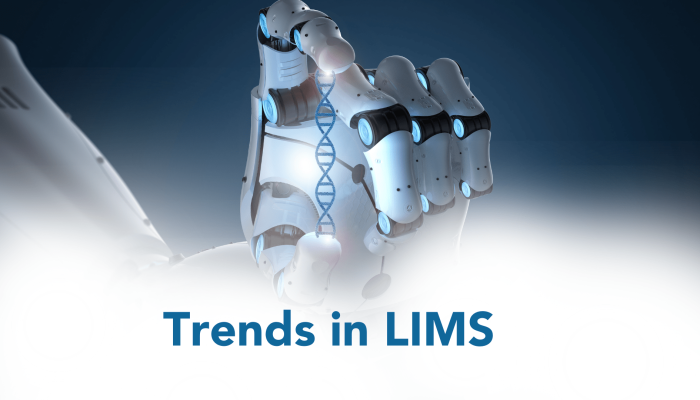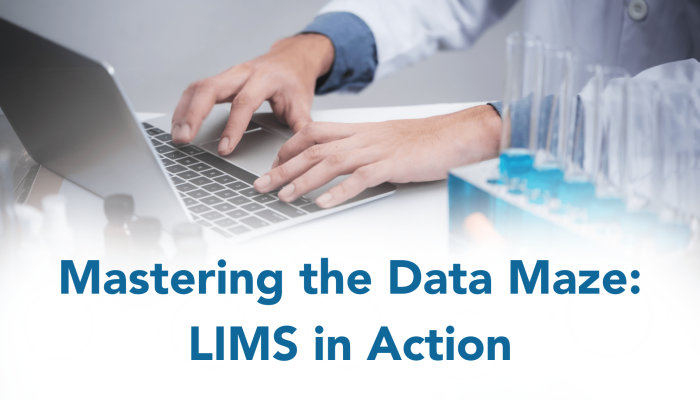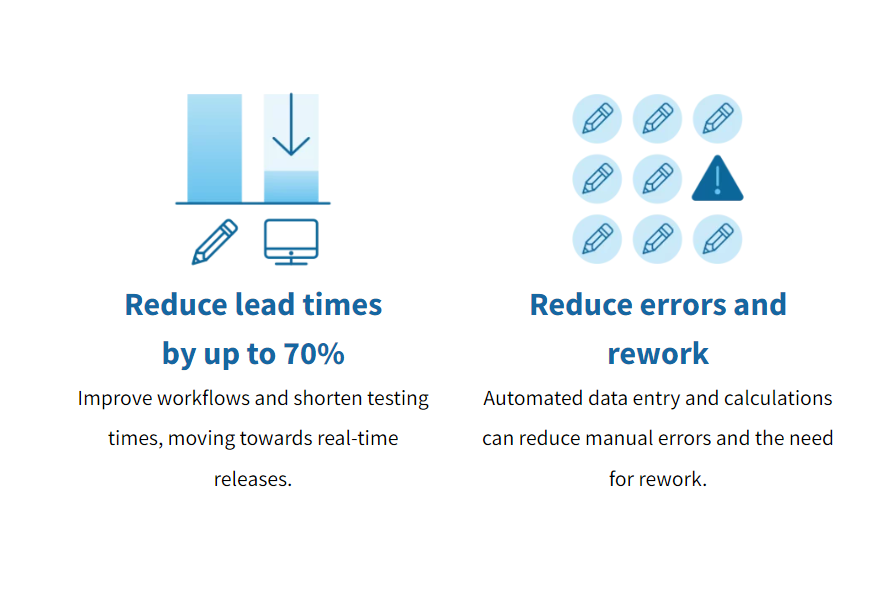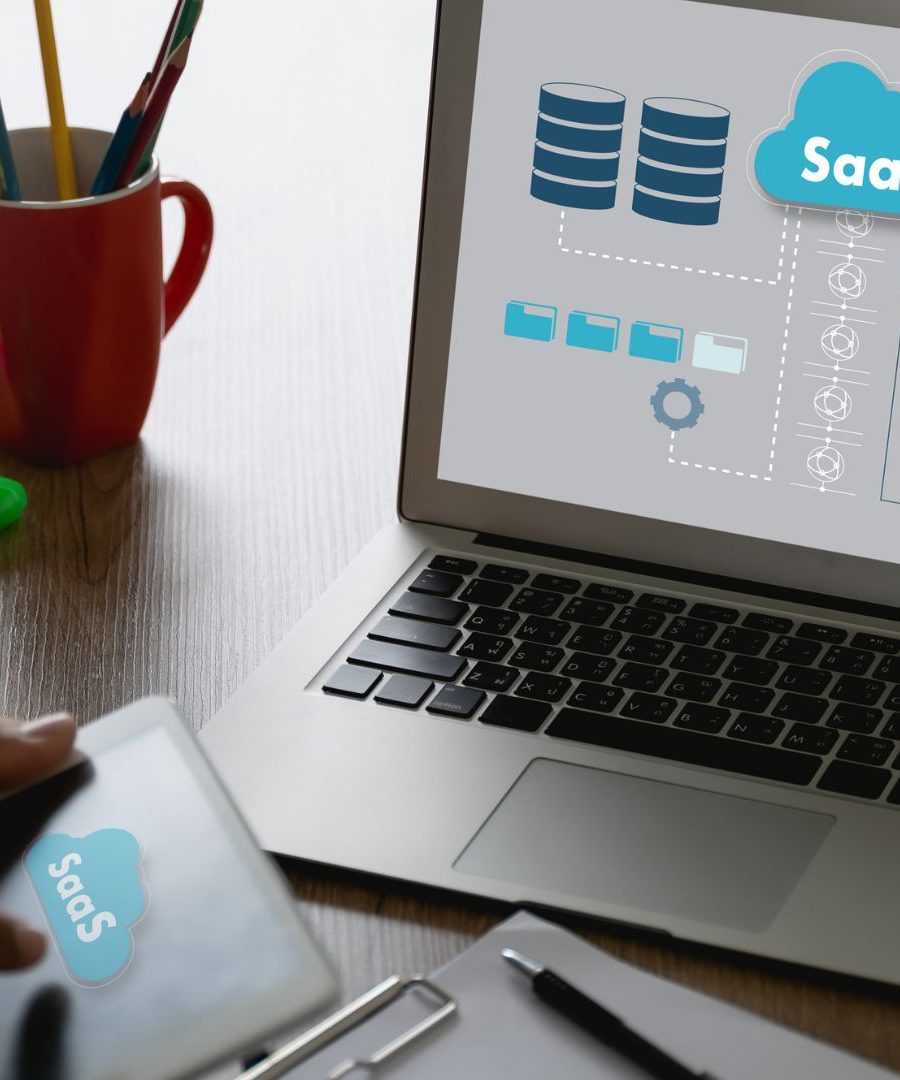Trends in LIMS
LIMS are evolving rapidly, driven by technological advancements and the changing needs of modern laboratories. Keeping up with these trends is crucial for laboratories looking to enhance their efficiency, data management, and compliance. In this article, we’ll explore some of the trends in LIMS. To begin with, understanding the fundamental role of LIMS and its significance for laboratories is essential. Laboratories across the globe use a management system to manage data, inventory, and user permissions and this system is known as the Laboratory Information Management System (LIMS). LIMS provides seamless access to data, which can then be categorised and structured into various reports as required. A comprehensive LIMS can handle a wide range of laboratory data, from initial log-in procedures to result reporting. Let’s have a look at the latest trends in LIMS together. First trend could be SaaS, or Software as a Service. It has emerged as a leading trend in the LIMS industry, transforming the way laboratories manage their data. With SaaS-based LIMS, laboratories can enjoy the benefits of easy access, seamless scalability, and reduced IT infrastructure costs. This trend reflects a shift towards more agile and cost-effective solutions, allowing labs to focus on their core activities without the burden of managing complex IT systems. As more laboratories embrace the cloud-based model, SaaS LIMS is poised to revolutionise data management in the industry. Integration with Internet of Things (IoT) devices and automation systems is transforming how data is collected and managed in laboratories. LIMS can now seamlessly integrate with IoT devices and instruments, enabling real-time data monitoring and analysis. This integration improves efficiency, reduces manual errors, and accelerates decision-making processes. QR codes are revolutionising sample tracking and management in laboratories. By incorporating QR codes into their LIMS, laboratories can easily track samples throughout the testing process. QR codes enable quick and accurate identification of samples, reducing the risk of errors and improving traceability. With the ability to store a wealth of information in a compact format, QR codes are enhancing data management in labs, making workflows more efficient and improving overall productivity. The potential applications of AI in laboratories are extensive and can work alongside human efforts. Labs rely on extensive data use and constant analysis, and integrating AI and machine learning can significantly benefit these operations. AI algorithms can process large amounts of data quickly and accurately. In laboratories, this means accelerated data analysis, allowing researchers to obtain meaningful results in a fraction of the time it traditionally takes. To learn more about AI in labs, read our blog here. With increasing regulatory requirements, compliance and data security are top priorities for laboratories. Modern LIMS solutions offer robust features for ensuring compliance with regulations such as FDA, ISO, and GLP. They also provide enhanced data security measures, such as encryption and access controls, to protect sensitive information. Data security is paramount in laboratory settings, and cloud-based solutions like AWS offer advanced security features to protect sensitive information. AWS provides a secure environment for data storage and transmission, utilising encryption and access control mechanisms to safeguard data from unauthorised access or breaches. Additionally, AWS offers compliance certifications, ensuring that data management practices align with industry standards and regulations. By leveraging AWS services, laboratories can enhance their data security posture and mitigate potential risks associated with data management. Did you know QLIMS has these features? From cloud-based convenience to seamless automation and QR code integration, QLIMS is your gateway to enhanced efficiency and data security. Want to see it in action? Fill the form below, or send an email today and experience firsthand the difference QLIMS can make in your laboratory. Let’s embark on this journey together towards smarter, more efficient lab management! 
1. SaaS LIMS

2. Integration with IoT and Automation
3. QR Codes
4. Artificial Intelligence (AI) Trend in LIMS
5. Compliance and Data Security















